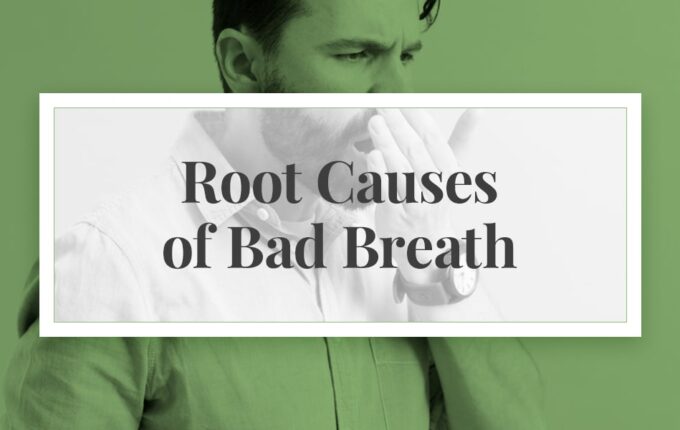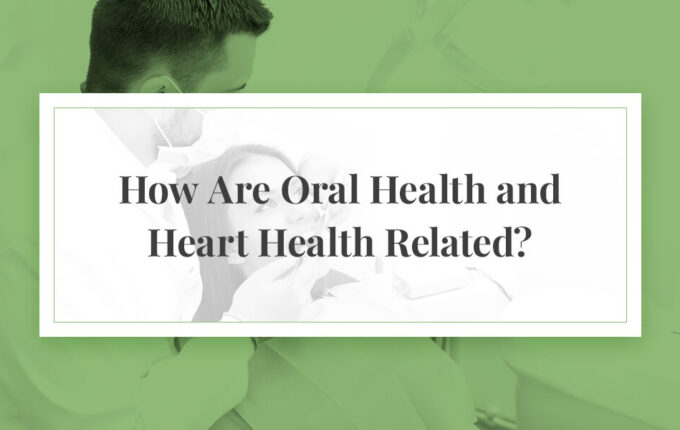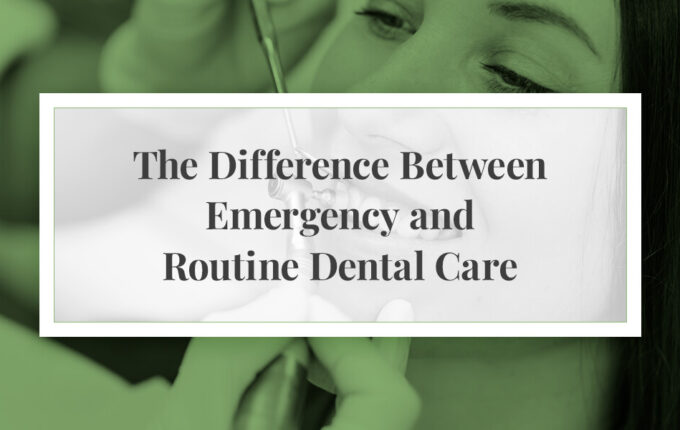10 Bad Dental Health Habits You Should Avoid
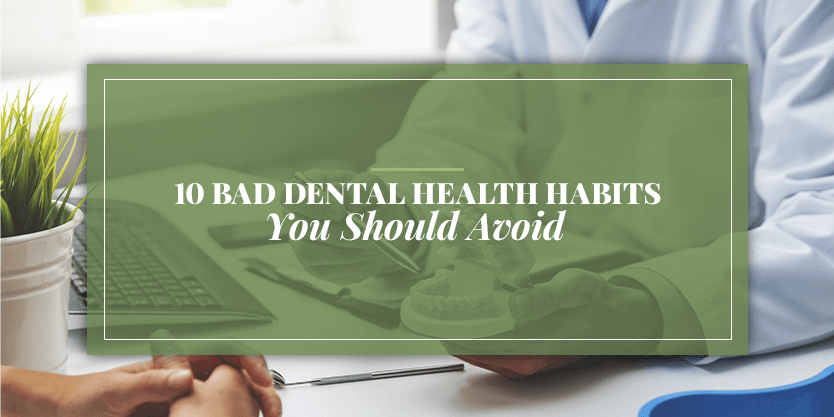
You know what to do to keep your teeth and gums healthy, and oral health is an essential part of your daily routine. Brush twice a day, floss daily and see your dentist for cleanings and exams at least twice annually. While practicing good oral care is the secret to keeping your teeth in excellent shape, so is making sure you steer clear of habits or activities that can damage your teeth. Learn more about habits that can chip, crack or otherwise damage your teeth.
1. Nail Biting
If you bite your nails when you are nervous, you’re not alone. The Cleveland Clinic estimates that up to 30% of Americans compulsively bite their nails and have difficulty stopping the habit independently.
Biting your nails can affect your mouth in a couple of ways. When you bite down on a nail, you risk altering your jaw’s position or chipping a tooth due to the nail’s hardness and the force of the bite. Chronic nail biting can lead to poor oral health and jaw problems, such as pain or lower jaw protrusion.
What can you do if you bite your nails? It depends on how often you bite them and how severe the problem is. Some people wear nail polish that tastes bitter to train themselves not to bite their nails.
If your nail biting is constant or accompanied by another issue, such as anxiety or attention deficit hyperactivity disorder, you might want to work with a therapist to develop a plan to break the habit. A counselor might use behavioral therapy or relaxation techniques to help you stop biting.
2. Chewing on Ice
On a hot summer’s day, chewing on an ice cube can seem like an excellent way to cool down. But is eating ice bad for your teeth? Ice is hard, and the force of chewing on it can lead to cracks in your enamel, causing damage to your teeth.
If you like to chew on ice to keep cool, it is better to switch to another method of cooling off. Spraying yourself with a fine mist or drinking cold water can do the trick. Try leaving ice out of your drinks, to limit the urge to chew after drinking the liquid. Using a straw can also help you avoid getting ice in your mouth.
Sometimes, people with low iron levels develop pica, or a craving for non-food objects, such as ice. If you feel an intense desire to chew ice, it might be a good idea to talk to your doctor or dentist and have your iron levels checked.
3. Using Your Teeth as Tools
Your teeth are not knives or scissors, nor should you use them as an extra set of hands when yours are full. The only things you should use your teeth for are chewing and tearing food. If you often use them to rip tags off clothing, open packages, or hold keys or mail as you come in the door, you risk cracking or chipping your teeth. You also risk damaging your jaw due to the force of tearing or pressure on the teeth.
If you are the type to hold things in your mouth, you could swallow them accidentally. The items could also transfer germs to your mouth which spread throughout the body making you more likely to get sick.
It is always a good idea to use the right tool for the job. When you have to cut a tag off a shirt or open a package, reach for a pair of scissors. If you need to open a bottle, use a utensil designed to remove the cap safely. Having those tools handy will help you avoid the temptation to tear things open with your teeth.
As for carrying items in your mouth, there are a few ways to break this unsanitary habit. One option is to get a larger bag that can hold everything you need. You can also wear clothing with pockets so you can tuck your keys away quickly after opening the door. If you are with another person, you can always ask them to carry items for you if you run out of hands.
4. Not Wearing a Mouthguard
Whether you are a weekend warrior or an Olympian in training, always wear a mouthguard when training for a sport. Athletes who do not wear a mouthguard are 60 times more likely to experience dental injury, tooth fracture, broken jaw or have their tooth knocked out.
Dental injuries are more common during sports that involve contact and collisions, such as hockey and football. But there are also serious health risks in contact-free sports, such as gymnastics, swimming and dance. For that reason, it is a smart idea to wear a mouth guard to protect your teeth, gums and jaw during any physical activity.
You have options when it comes to getting a mouthguard. Some are available over the counter and designed to be “one size fits all.” Others are a boil-and-bite design, which allows you to shape them to your mouth after heating them. Mouthguards that offer the best protection are custom-made and fitted to your mouth by your dentist. Using a custom mouthguard that perfectly fits your teeth will reduce the risk of injury on the field, in the pool or on the dance floor.
5. Getting Oral Piercings
Some people pierce their tongue or lips to stand out from the crowd. While piercings can be a valid form of self-expression, there is a significant risk involved in having piercings in or around your mouth. Risks associated with oral piercings include:
- Chipping your tooth enamel if you bite down on them by accident.
- Compromising your teeth to cause cracks or other damage.
- Cause injury by scrapping your gums.
- Increase the risk of infection, which can be severe in some cases.
If you like piercings, for the sake of your oral health, consider getting them on other areas of the body, not in or near the mouth. Think carefully before deciding to pierce anything, as getting a piercing will require you to take care of the area and keep it clean to reduce the risk of infection. If you already have a tongue or lip pierced, talk to your dentist about the best way to care for the piercing while still practicing good oral health.
6. Grinding Your Teeth
People grind their teeth for a wide range of reasons, such as stress or bite misalignment. Many people unconsciously grind their teeth in their sleep.
Teeth grinding, also known as bruxism, puts considerable wear on the teeth. It can erode the enamel over time and lead to fracturing or chipping of the teeth. Grinding the teeth can also cause headaches and jaw pain.
If you suspect you grind your teeth or know that you do, one way to protect your mouth is to have your dentist fit you for a nightguard to wear while you sleep. The guard will create a cushion between your top and bottom rows of teeth, easing the amount of pressure on them and allowing for healthier sleep.
You can also learn relaxation techniques to ease tension in your body and make you less likely to grind or clench your teeth. Controlled breathing techniques, practicing meditation and getting more exercise can help ease stress. Your dentist might also recommend taking a muscle relaxer before bed to help your jaw relax.
7. Eating Sugary and Starchy Foods
Your diet plays a significant role in determining the overall health of your teeth, gums and mouth. Eating foods that are high in sugar and starches, such as candy and potato chips, can increase your risk of developing tooth decay. Drinking sugary beverages also increases your likelihood of developing gingivitis and periodontitis.
When you eat or drink sugary or starchy things, the bacteria that live in your mouth and on your teeth eat any leftover bits of food or drink residue. As they eat, they produce acids that wear away your enamel. What you eat and how frequently you eat can affect your oral health. If you graze throughout the day, you give bacteria more chances to produce acids that wear down your enamel.
Try to limit the amount of sugary or starchy foods you eat to protect your teeth from cavities. Always brush after a meal to wash away any remaining bits of food. Another option is to rinse your mouth with water if you can’t brush your teeth right away. It is also a good idea to limit eating and drinking to mealtimes, so bacteria do not have too many opportunities to damage your teeth.
8. Chewing on Pencils
If you tend to put a pencil or pen in your mouth when you are nervous or deep in thought, it is a good idea to break that habit for the sake of your teeth and mouth. Just like chewing on ice, chewing on pencils puts a lot of pressure on your teeth, which can lead to cracks or chipping. There is also the chance that you will spread bacteria or other germs in your mouth when you chew on a pencil or pen.
You can try a few things to break your chewing habit. Instead of chewing a pencil, chew sugar-free gum. Another thing to try is writing yourself a note, something along the lines of “Do not put your pencil in your mouth” or “Stop chewing!” Put the note near where you usually catch yourself chewing, like at your desk or on your laptop screen. Every time you see it, it will remind you to check and take the pen or pencil out of your mouth.
9. Brushing Too Hard
You want to brush your teeth for two minutes at a time, at least twice per day. However, it’s possible to get too much of a good thing, as some people brush with excessive force. Brushing your teeth with too much pressure can cause the enamel to wear away and the gums to recede, making your teeth more sensitive.
When brushing, use a gentle, light hand to keep your teeth in the best shape possible. If you’re not sure whether you are using too much force, talk to your dentist at your next dental visit. Your dentist can evaluate your mouth, let you know what they think and show you the proper way to brush for the best results.
Another thing to try is switching up the type of bristles on your toothbrush. Look for a brush with soft bristles rather than medium or hard, especially if you use a lot of pressure during brushing.
10. Smoking
Here is another reason to give up cigarettes and other tobacco products: Smoking is one of the worst habits for your teeth and gum health. When you smoke, you force your body to work harder to fight off infections, which increases your risk of gum disease. Smoking also slows down the healing process, meaning you will need longer to recover from gum disease and other oral health issues. Cigarettes also stain your teeth, making them look yellow. The smoke from cigarettes can give you bad breath, too.
If you are ready to quit, many resources are available to help you do it. Talk to your dentist about smoking cessation programs. You can try using a nicotine patch or gum to manage cravings. It can also be helpful to get a “quit buddy.” You can support each other on your smoking cessation journey and help keep each other accountable.
The Importance of Maintaining Good Dental Health
Your oral health contributes to your overall health. Failing to take proper care of your teeth and gums can open you up to a number of health issues, ranging from periodontal disease to affecting your blood sugar levels. However, you can practice proper oral hygiene and visit your dentist regularly for teeth cleanings and checkups to keep you and your teeth healthy.
Brushing your teeth at least twice a day will keep your teeth and gums healthy. Using a fluoride-based toothpaste when brushing also stimulates your gums to effectively prevent gum disease and dental caries.
In addition to brushing, The American Academy of Periodontology recommends flossing your teeth at least once a day to keep your smile sparkling. Flossing helps remove plaque and food in places where your toothbrush has difficulty reaching for cleaner teeth. When you make flossing a regular habit, you’ll reduce your risk of developing cavities and improve the health of your gums.
One of the easiest ways to achieve a healthy mouth is in your glass of water. Fluoride is a natural mineral in soil and rocks that helps prevent cavities. This mineral is also present in many water sources around the U.S. and can strengthen the enamel of your teeth while hydrating your body.
Creating Healthy Oral Habits
If you lack consistency with your oral care or would like to enhance your current routine, there’s no time like the present to take the first step towards a positive change. Here are five habits you can start today for a healthier smile:
- Brush first thing in the morning: Get into the habit of brushing your teeth right after you wake up each morning. When you brush right after waking up, you’ll have enough time to complete this task and effectively remove any bacteria that formed overnight.
- Set a timer: Many people brush regularly but not long enough to remove plaque. Set a timer for two minutes each time you brush your teeth to ensure you’re brushing long enough.
- Scrape your tongue: After brushing your teeth, use a tongue scraper to remove additional plaque and bacteria and freshen your breath.
- Avoid sugary drinks: If you can’t cut sugary beverages such as soda from your diet entirely, start using a straw to prevent the beverage from touching your teeth.
- Eat your vegetables: Crunchy vegetables such as carrots stimulate saliva production, which acts as a natural mouthwash to keep your mouth clean. Include your favorite vegetable in your regular snack rotation.
Good dental habits are essential for kids, too. Teaching your child the importance of taking care of their teeth will ensure their smile is healthy. As soon as teeth begin to emerge in your toddler’s mouth, show your child how to brush their teeth properly. It’s important to reinforce the importance of teeth brushing and flossing as your child ages so they have a beautiful smile to last a lifetime.
Take Care of Your Teeth: Book an Appointment With 209 NYC Dental Today
Your dentist can be an invaluable resource for keeping your teeth in great shape and helping you break any bad habits. To learn more about what you can do to protect your oral health, book an appointment online or call us at 212-355-2290 today.
 Our History
Our History
 Our Providers
Our Providers
 About Us
About Us
 Blog
Blog
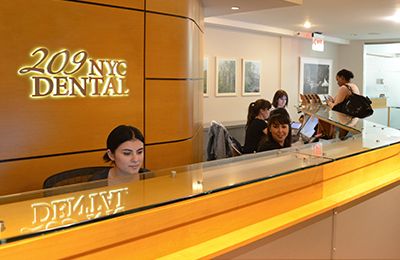 Contact us
Contact us
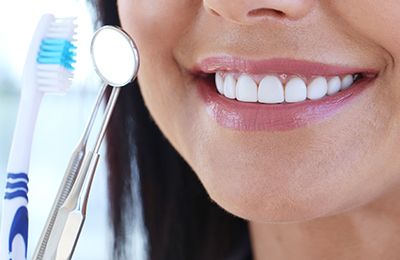 Diagnostic & Preventive
Diagnostic & Preventive
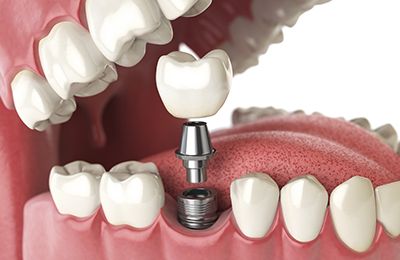 Implant Dentistry
Implant Dentistry
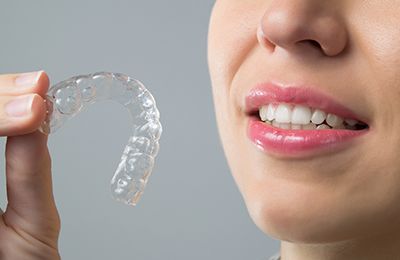 Clear Braces - Invisalign
Clear Braces - Invisalign
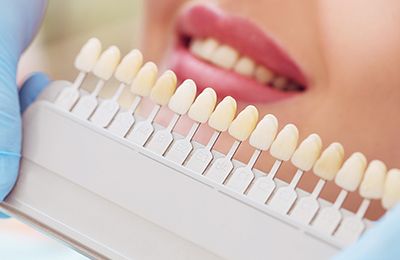 Cosmetic Dentistry
Cosmetic Dentistry
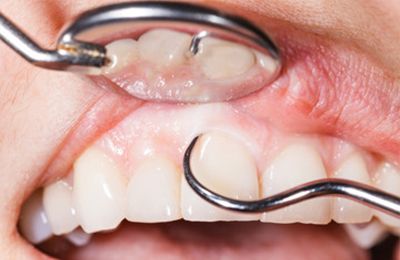 Periodontics
Periodontics
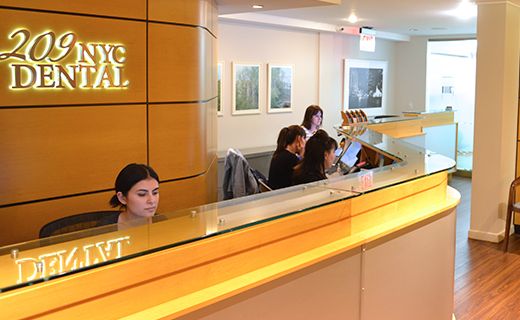 Patient Forms
Patient Forms
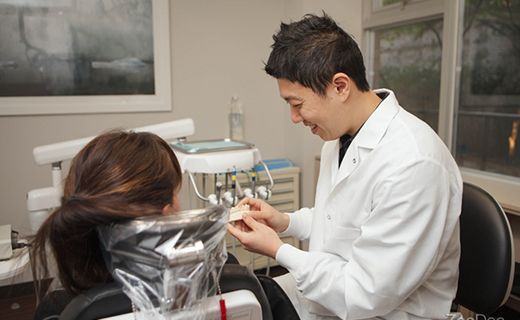 Payment Information
Payment Information
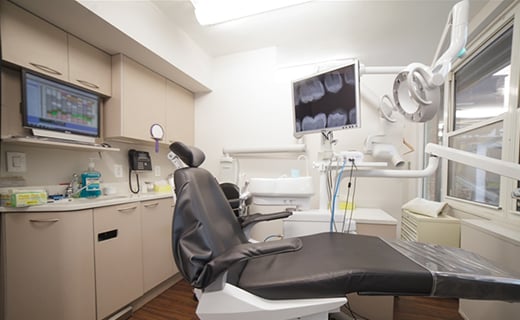 Insurance Options
Insurance Options
 CareCredit Dental
CareCredit Dental
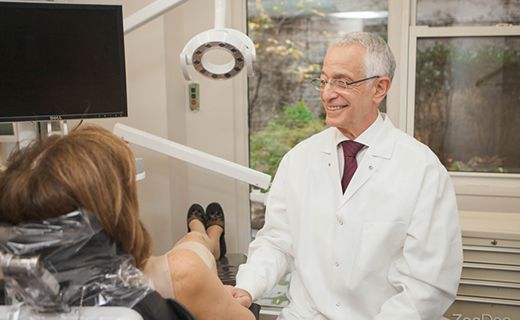 Appointment Policy
Appointment Policy
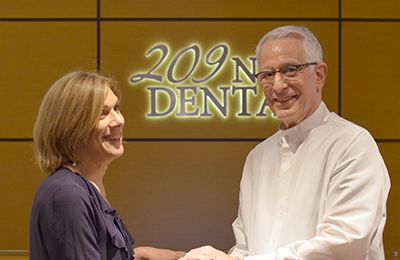 Free Consultation
Free Consultation
 Complimentary Teeth Whitening
Complimentary Teeth Whitening
 Teeth Whitening
Teeth Whitening




